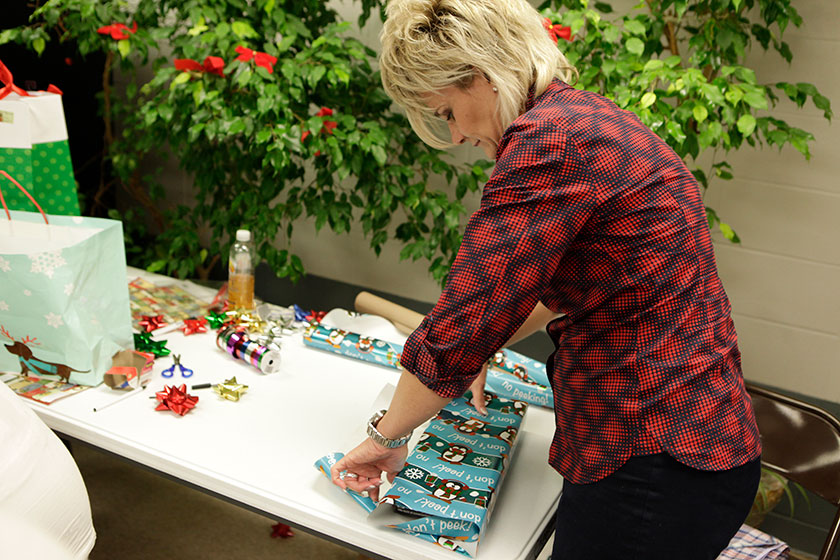For the first time in years, Eddie whispered, “God, please don’t let me die.” Something profound happened. That whisper for intervention moved Eddie from being a hardened crook on one side of the cross to the other side, just as the criminal long ago cried out: “Today, remember me in paradise.”
What makes an effective mentoring relationship?
A 2001 research study by the National Resilience Resource Center, University of Minnesota1, includes some important revelations that can help guide volunteers who mentor prisoners, ex-prisoners, and children of prisoners.
The study investigated the mentoring practices of Big Brothers/Big Sisters of America, the oldest and one of the most reputable mentoring programs for adolescents.
Soon after Pat Nolan was released from a California State Prison, he found himself seated at a deli with some friends. Nolan, a 15-year veteran of the California State Assembly, and four-time Republican Assembly leader, had served 25 months after being targeted for a campaign contribution he received as part of an FBI sting.
Special Angel Tree® Edition of Tanked! Available
In the span of one year, William H. “Tank” Black went from setting the record for having the most first-round picks in the NFL draft represented by a single agent, to sitting behind bars on accusations of stealing from his clients, money-laundering, securities fraud, and illegally paying money to college players to win their business.
Prison Primers
Learn about prison culture from those who have been there.
Reads Born Again (1976), Chuck Colson How former Watergate crook found Christ and founded Prison Fellowship.From Addict to Disciple (2005), David Hain A short book about shaking addiction God’s way.
With Ears to Hear
It was a few weeks after Christmas 2007, and 28-year-old Josh Coover sat in his 1995 Subaru outside the Navy Yard Metrorail stop in southeast Washington, D.C. The rain pounded against his windshield.
6:00 p.m.
They’re not going to remember, Josh told himself.
Last month we heard from Carol Kent about her remarkable journey to find hope and joy after relinquishing her son to the Florida prison system. This month we journey with novelist Kathi Macias, who, in poignant rawness, explores another mother’s pilgrimage to come to grips with the inextricable link between her mother’s murder and her son’s incarceration.
You’ve been mentoring a prisoner, with good results. And then your worst fear happens—you hear he’s committed another offense. What do you do now? How do you balance confrontation and support?
If you’re not “in the know,” you could get off on the wrong foot with prisoners or prison officials. Following these do’s and don’ts will help extend your welcome in prison.
Entering a prison as a volunteer can be an intimidating experience.
Speaking as the mother of a convicted murderer, Carol Kent gives volunteers specific tips to help prisoners’ families. For example, three things you can do to help a prisoner’s wife and how you can become a better listener.
At 12:35 a.m.
Most of the men and women behind bars have a history of drug or alcohol abuse. This means that the family members they left behind—and will likely return to—have also been hammered by their loved one’s addiction. If you minister to prisoners’ families, here’s an outstanding resource to help them in their own recovery as they seek to help their loved one.

Drawing upon his decades of experience, we asked Prison Fellowship volunteer Ashton Hardy the top three characteristics he believes are most important for volunteers who want to work effectively with prisoners. He gave us seven!
Unlike most Prison Fellowship volunteers (or staff!),
Prison Fellowship says the U.S. has done a great job of getting criminals off the street. What we haven’t done a good job of, says the ministry, is getting criminals ready to come back onto the street. The president of Prison Fellowship shares with Phil Fleischman about a program that challenges the Church to help former inmates transition back into society.
For all the advantages the Internet age provides, it doesn’t come close to replacing the core need of the Church to shine the light of the Gospel in the lives of prisoners. That means “life on life”: Getting up close and personal, dealing with the messiness of broken lives, and letting God’s grace and power go to work.